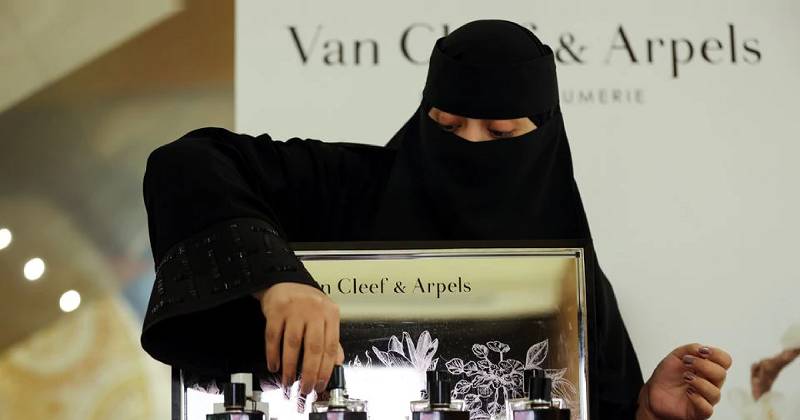
Saudi Arabia is highlighting its progress on women’s rights at a time when the country’s human rights record is under scrutiny in the West, including a crackdown on dissent that ensnared dozens of women’s rights activists and the 2018 murder of journalist Jamal Khashoggi. There are no political parties or elections in this absolute monarchy.
Men continue to wield enormous power across the country. There are no women in King Salman’s cabinet or senior advisory roles at the moment, and the advisory Shura Council has only 30 women members out of 150.
However, women now account for 33 percent of Saudi labour force, nearly doubling their share from that of five years ago. They are taking jobs previously reserved for Saudi men and migrant workers in restaurants, supermarkets, accounting and graphic design firms, across all age groups and educational levels.
Women have been allowed to drive as part of the reforms since 2018.
Women have worked in Saudi Arabia for a long time, but typically in the public sector as teachers or medical workers, in accordance with the country’s once-strict gender segregation rules.
Firms are hiring more women than ever before, as a result of the relaxed restrictions on mixing, driving and some aspects of the male guardianship system.
This is especially true in retail and hospitality, sectors in which the government launched a scheme in 2011 to replace cheaper foreign workers with Saudi citizens in order to combat Saudi unemployment, which is currently at 11 percent.
According to reports, the number of Saudi women working in the private sector increased from 56,000 in 2010 to 935,508 in 2021, and this trend is expected to continue.

Post Your Comments